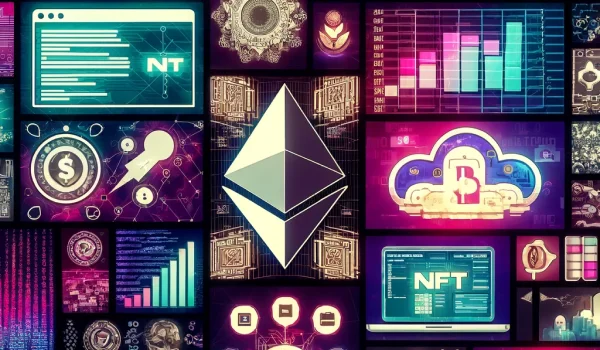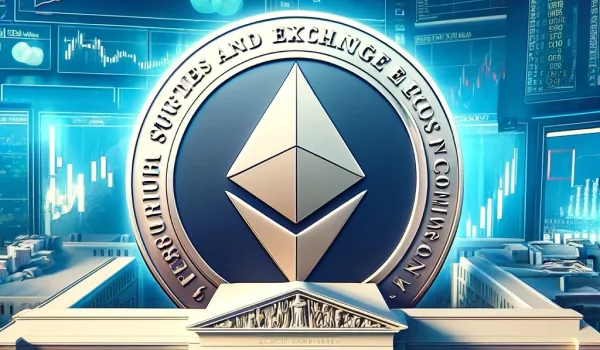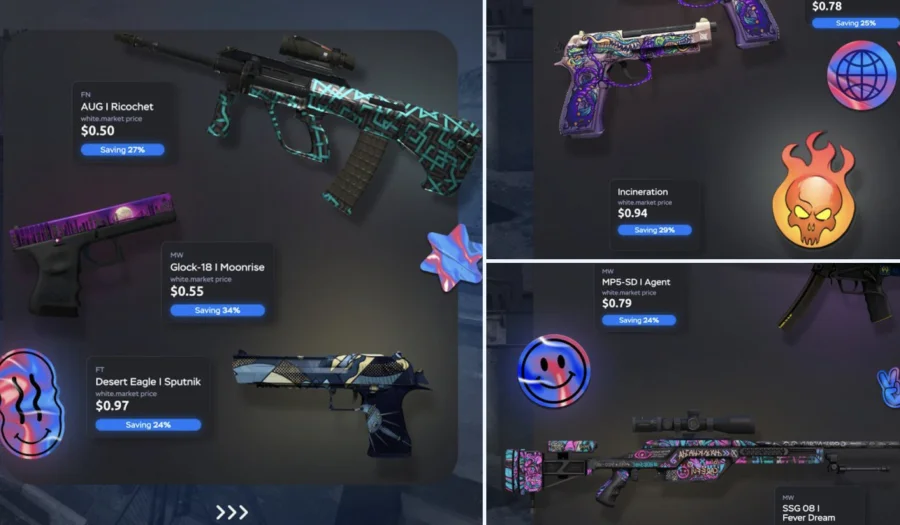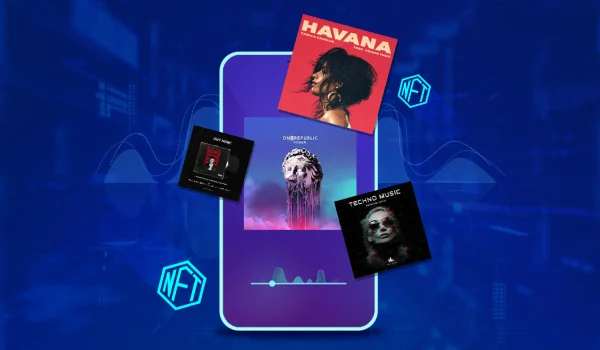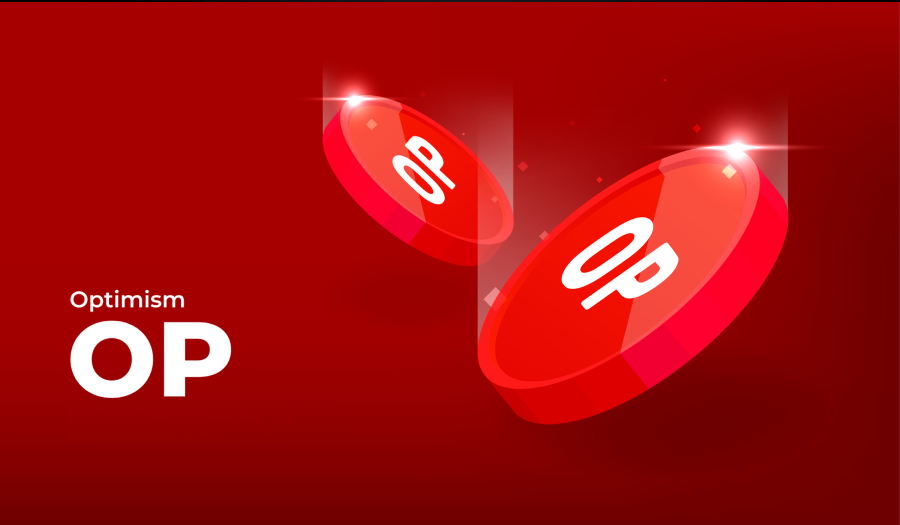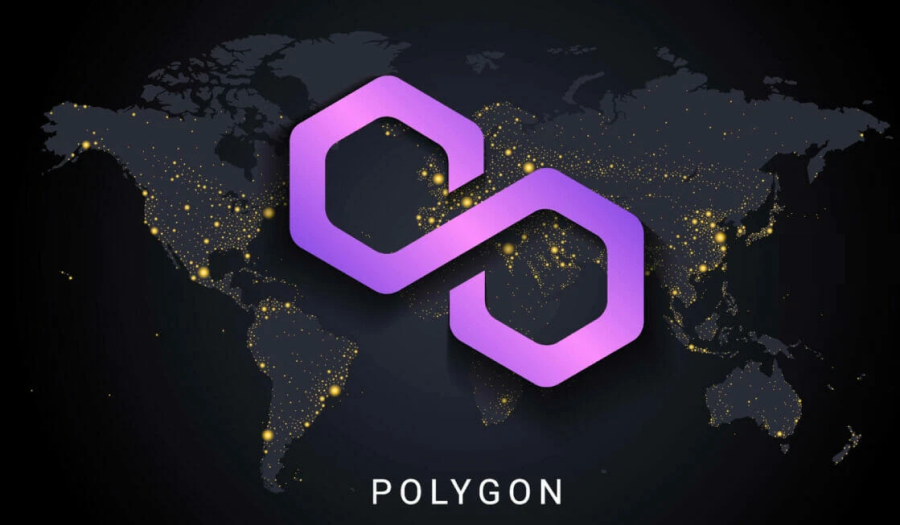Uncover the intricacies of NFTs and their supporting blockchain platforms in this comparative guide. From Ethereum's pioneering role to Solana's high-speed transactions, Tezos's eco-friendly features, and more, we dive deep into the unique characteristics of each platform. Empower yourself to make informed decisions in the rapidly evolving world of NFTs. Discover which blockchain platform aligns best with your NFT goals and values in our comprehensive analysis.
Overview of Blockchain Platforms for NFTs
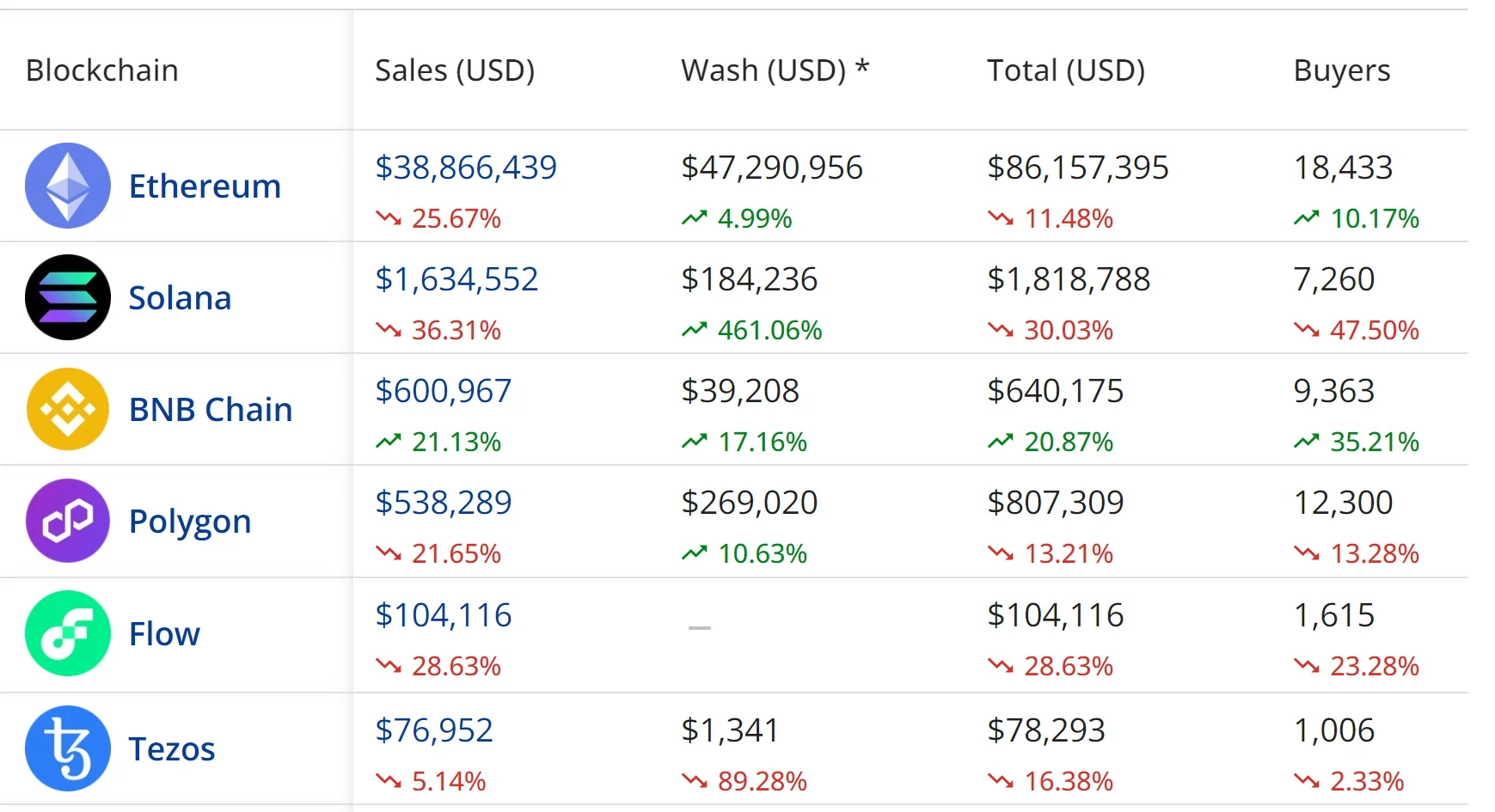
Blockchains by NFT Sales Volume 24 hours - June 28, 2023
Blockchain technology forms the backbone of the Non-Fungible Token (NFT) ecosystem. From minting new tokens to facilitating sales, blockchains ensure the security, authenticity, and ownership of each unique token. This article explores several popular and emerging blockchains used for NFT transactions and their distinctive features.
Features of Ethereum and Its Role in the NFT Market
As the trailblazer in the NFT world, Ethereum took the lead in putting NFTs on the map through the introduction of the ERC-721 standard. Its robust smart contract capabilities enable folks to easily craft, purchase, and trade NFTs on a secure and open platform. However, one thing to keep in mind is Ethereum's transaction costs, known as gas fees, which can sometimes be a bit steep and might discourage smaller transactions.
Understanding Binance Smart Chain for NFT Transactions
As a rival to Ethereum, Binance Smart Chain (BSC) presents a viable option for handling NFT transactions. With its support for smart contracts and compatibility with the Ethereum Virtual Machine (EVM), BSC has become a go-to for numerous NFT endeavors. It stands out with its lower transaction fees and swift block times, even though the degree of its decentralization sometimes sparks discussions.
Exploring Solana's High-Speed and Low-Fee Environment for NFTs
Solana is rapidly gaining recognition in the NFT community due to its high-speed transactions and low fees. Leveraging its unique Proof-of-History consensus mechanism, Solana can handle thousands of transactions per second, a feature particularly advantageous for high-volume NFT marketplaces.
The Advantages of Polygon for Scalable NFT Transactions
Polygon, previously known as Matic, provides a scalable solution for NFT transactions. As an Ethereum Layer 2 scaling solution, Polygon aims to overcome Ethereum's speed and cost issues. It maintains the security of the Ethereum network while offering a faster, more affordable environment for NFT transactions.
The Potential of Flow Blockchain in the NFT Space
Developed by the creators of CryptoKitties, Flow blockchain is built for a mainstream audience and designed specifically for NFTs and gaming. Unlike other blockchains, Flow does not require users to own cryptocurrency for transaction fees, offering a user-friendly experience.
Tezos as an Eco-friendly NFT Platform
Tezos is making waves as another key player in the NFT realm, but with an eco-conscious twist. It operates using a Proof-of-Stake mechanism, which is a lot less power-hungry than the typical Proof-of-Work model. This makes Tezos a hit with artists and buyers who are concerned about keeping their carbon footprints low in the NFT universe.
Comparing Transaction Costs Across Different Blockchains
While Ethereum has set the industry standard, its high gas fees can be a barrier for many users. Alternatives like Binance Smart Chain, Solana, and Polygon offer lower transaction costs, making them attractive platforms for those looking to engage in frequent or lower-value transactions. However, it's essential to weigh these cost savings against other factors, like network security and decentralization.
How to Choose the Right Blockchain for Your NFT Project
Choosing the right blockchain for your NFT project depends on several factors. These include transaction costs, speed, environmental impact, and the blockchain's overall popularity among your target audience. Each blockchain platform has its strengths and weaknesses, making it crucial to thoroughly research each option and determine which aligns best with your project's needs and values.
| Blockchain Platform | Consensus Mechanism | Transaction Cost | Speed | Specialty |
| Ethereum | Proof-of-Work | High | Moderate | Pioneered NFTs, Robust Smart Contracts |
| Binance Smart Chain | Proof-of-Stake Authority (PoSA) | Low | High | Compatible with EVM, Fast, Low-cost |
| Solana | Proof-of-History | Low | Very High | High-Speed Transactions, Low Fees |
| Polygon | Heimdall and Bor (PoS) | Low | High | Scalability, Ethereum Compatibility |
| Flow | Proof-of-Stake | Low | High | User-Friendly, Designed for NFTs and Gaming |
| Tezos | Proof-of-Stake | Moderate | Moderate | Eco-Friendly |
Please note that these details can change as these platforms update their technologies and as market dynamics shift. It's essential to stay updated with the most recent information on each platform.
Stepping into the NFT Space: A Thoughtful Choice
Venturing into the bustling world of NFTs, picking the right blockchain platform can make all the difference for your project. Each platform brings its own set of unique characteristics, strengths, and hurdles to the table. For instance, Ethereum, being the trailblazer, has a well-established and robust ecosystem, while Binance Smart Chain and Polygon stand out for their lower transaction costs and speedy processing. If performance and scalability are your primary concerns, Solana might catch your interest. And for those mindful of their carbon footprint, Tezos offers an eco-friendly option.
Though this guide gives you a rundown and comparison of various blockchain platforms, it's important to dive deeper and conduct research tailored to your unique needs and goals. Stay tuned with the latest buzz, technological advancements, and community chatter in the NFT world as the tech space is always on the move.
Wrapping Up
The skyrocketing popularity of NFTs has spurred a wave of innovation and opened up new possibilities in the art domain and beyond. As more and more people dip their toes into this new-age form of digital ownership, the choice of blockchain platform takes center stage. It's not just about the transaction costs and speed anymore, but it's also about how well the platform fits with your project, its environmental implications, and the community it houses. So, take your time to sift through and understand the finer details of each platform. This will help you harness the fascinating opportunities the NFT arena has to offer fully.


 5 mins read
5 mins read